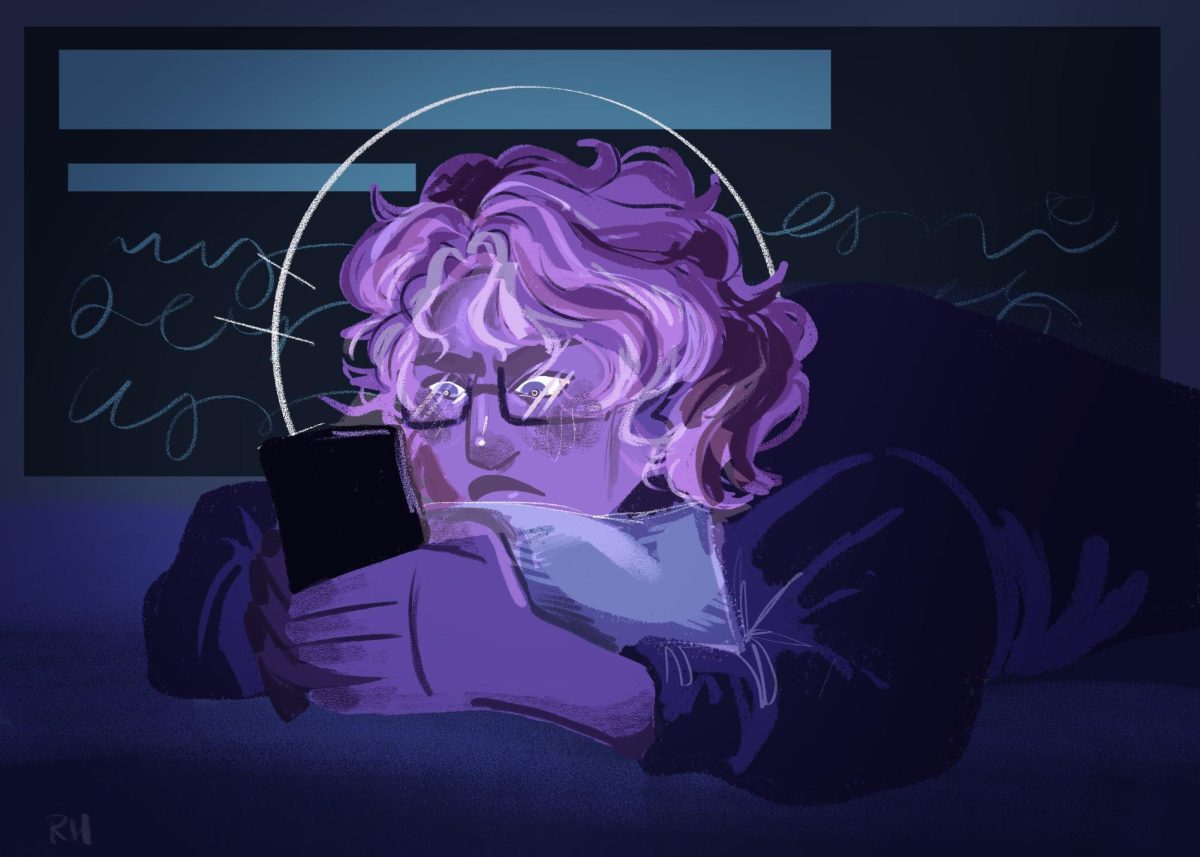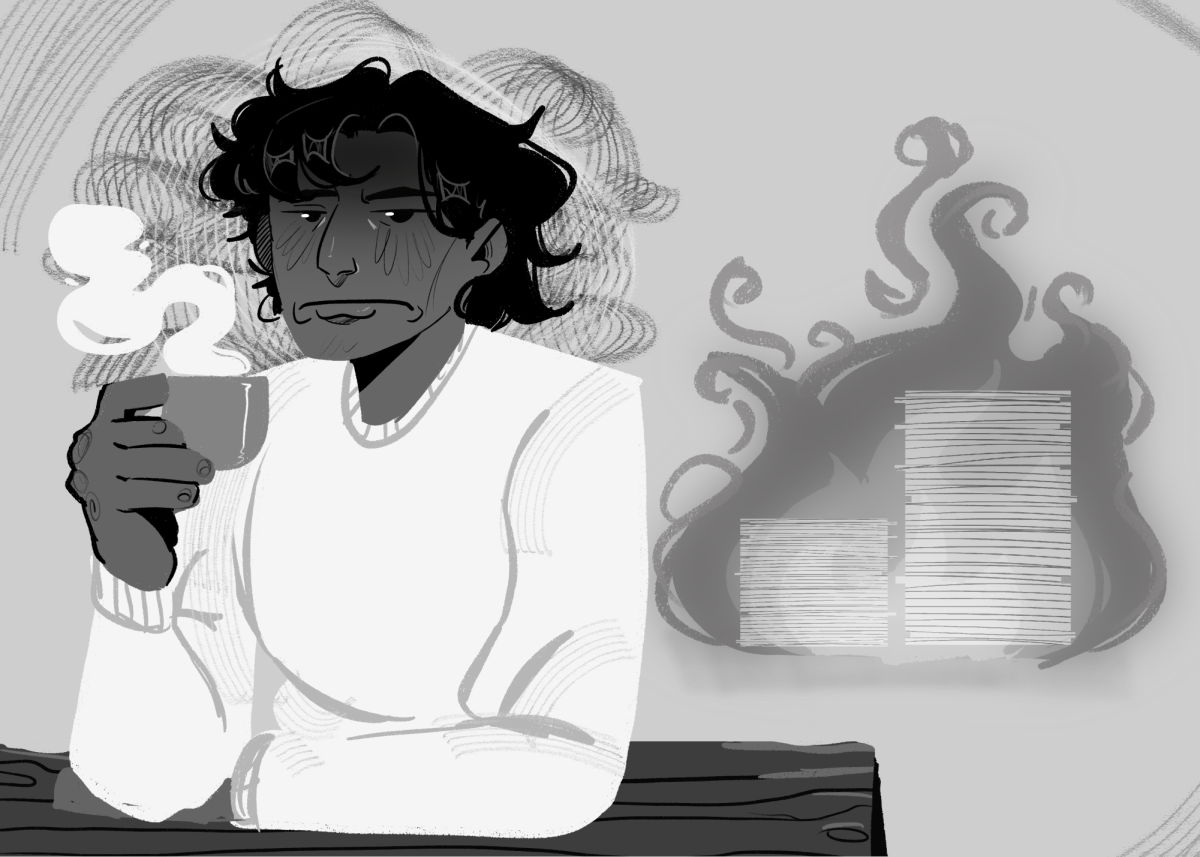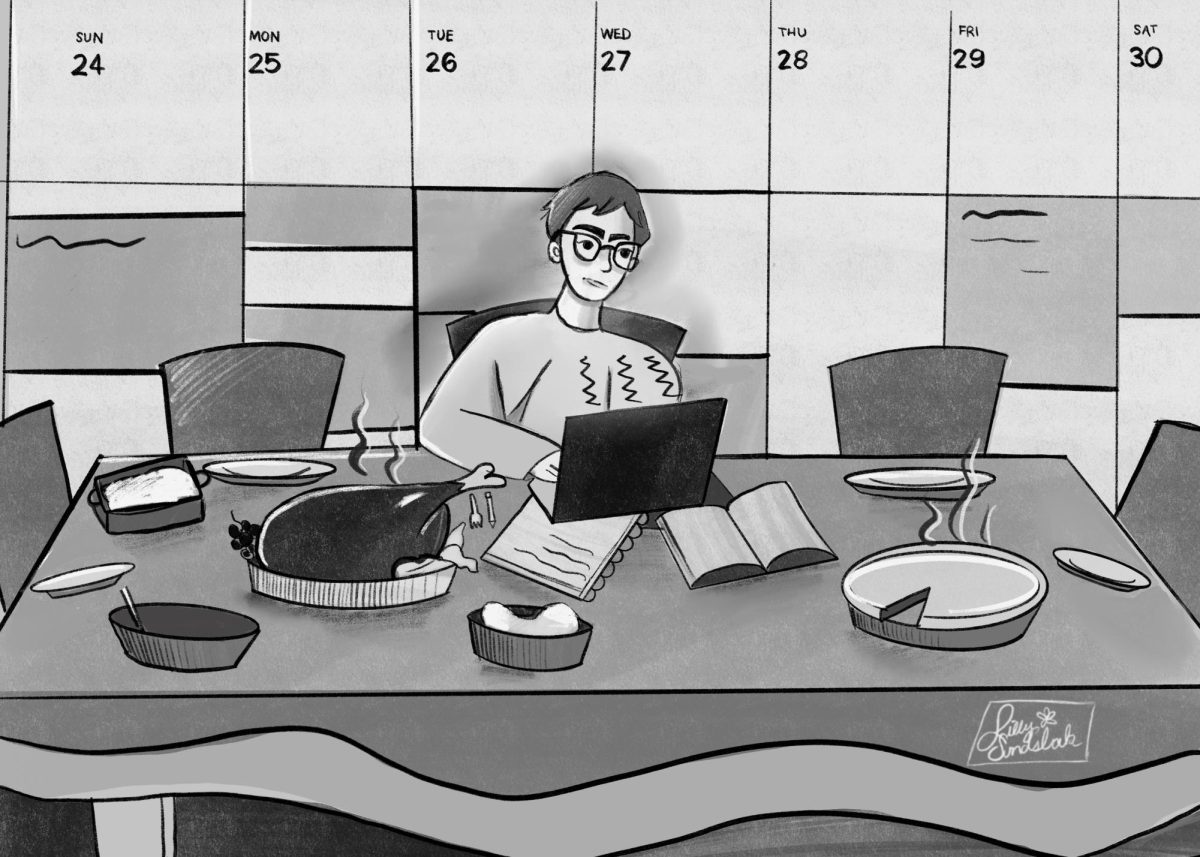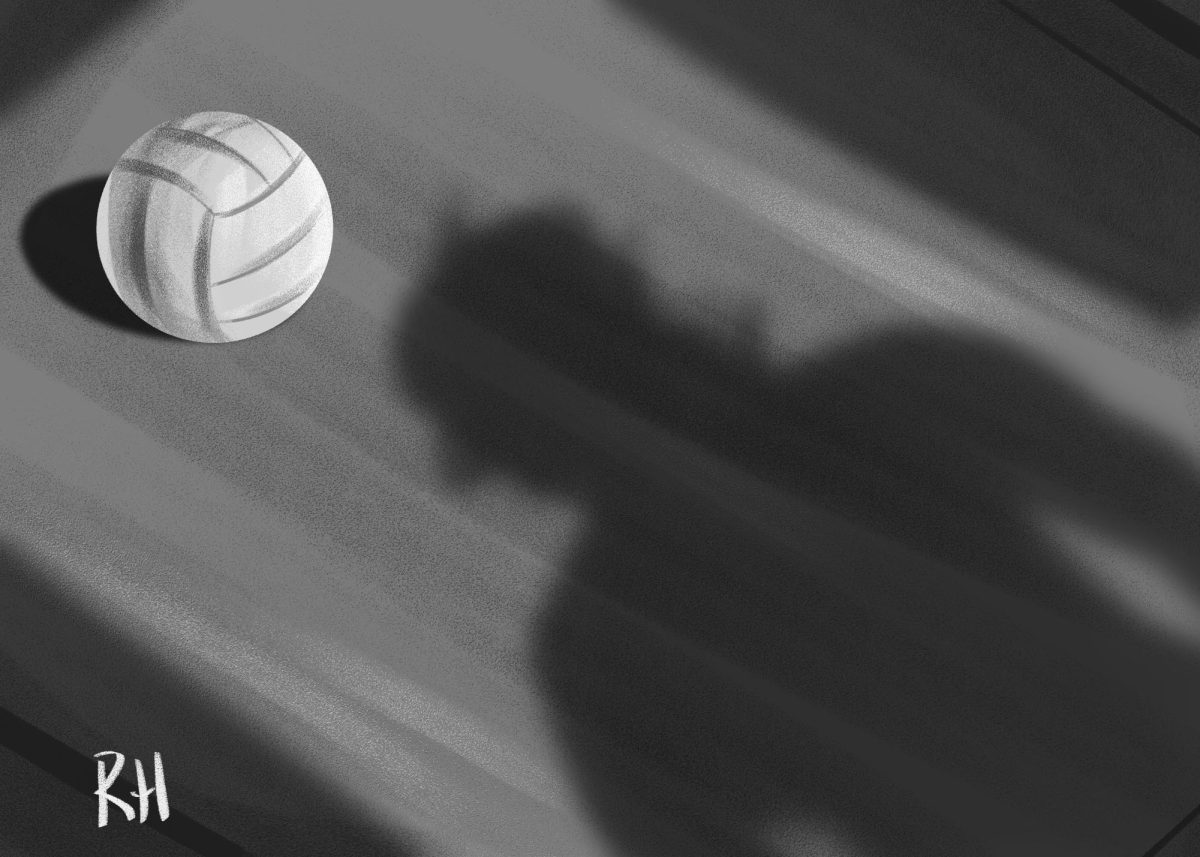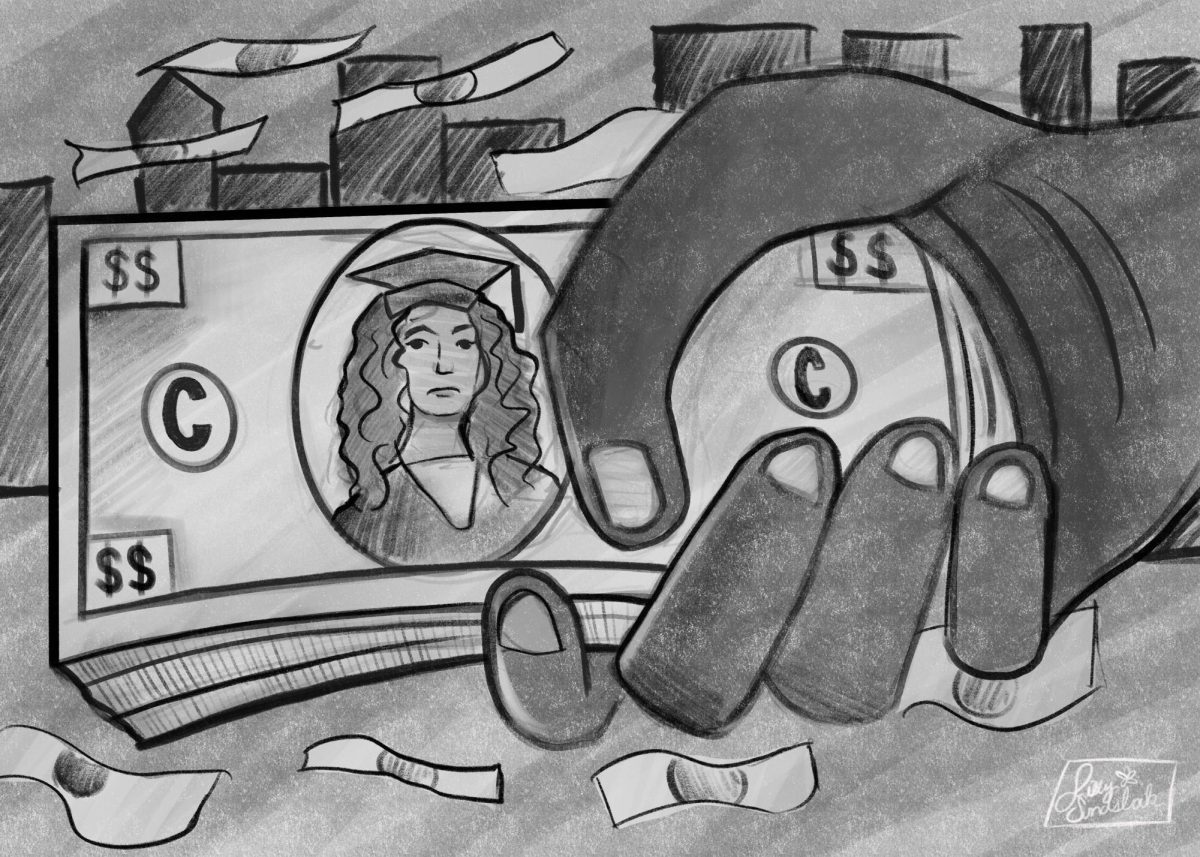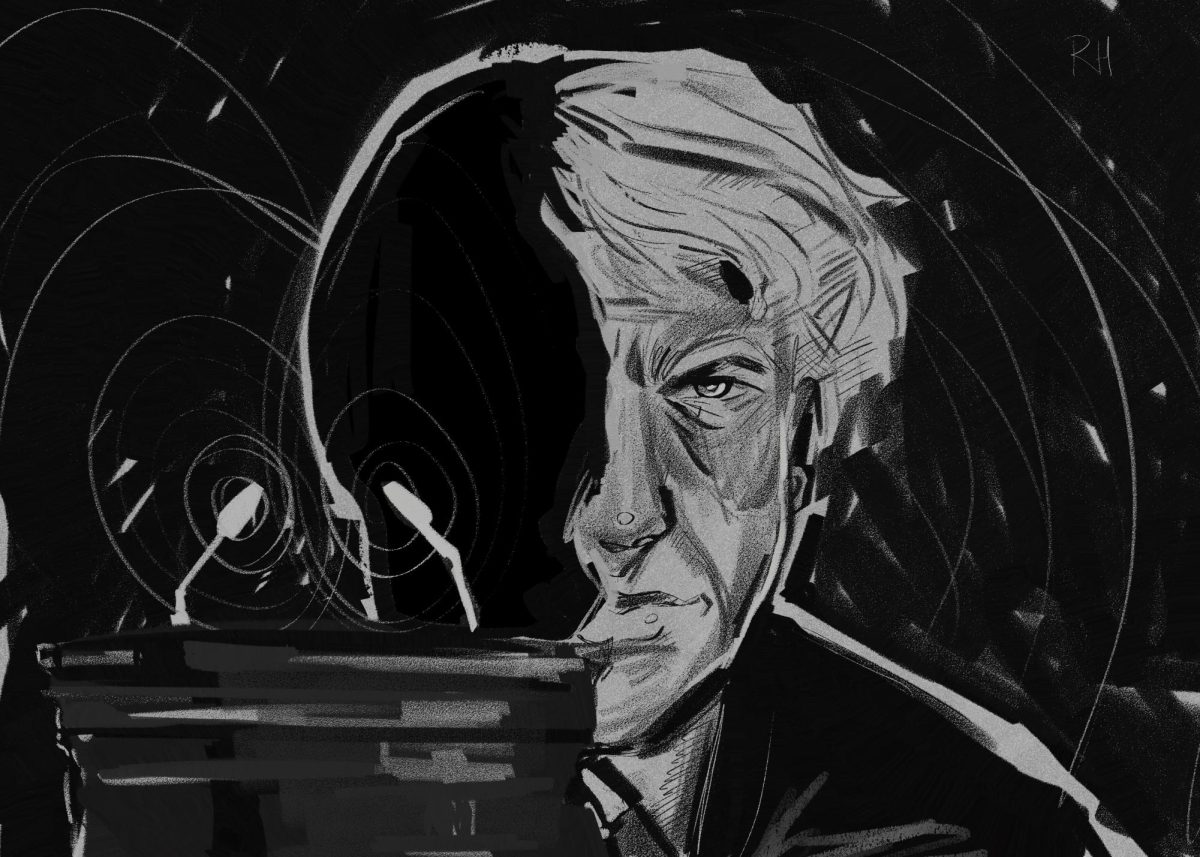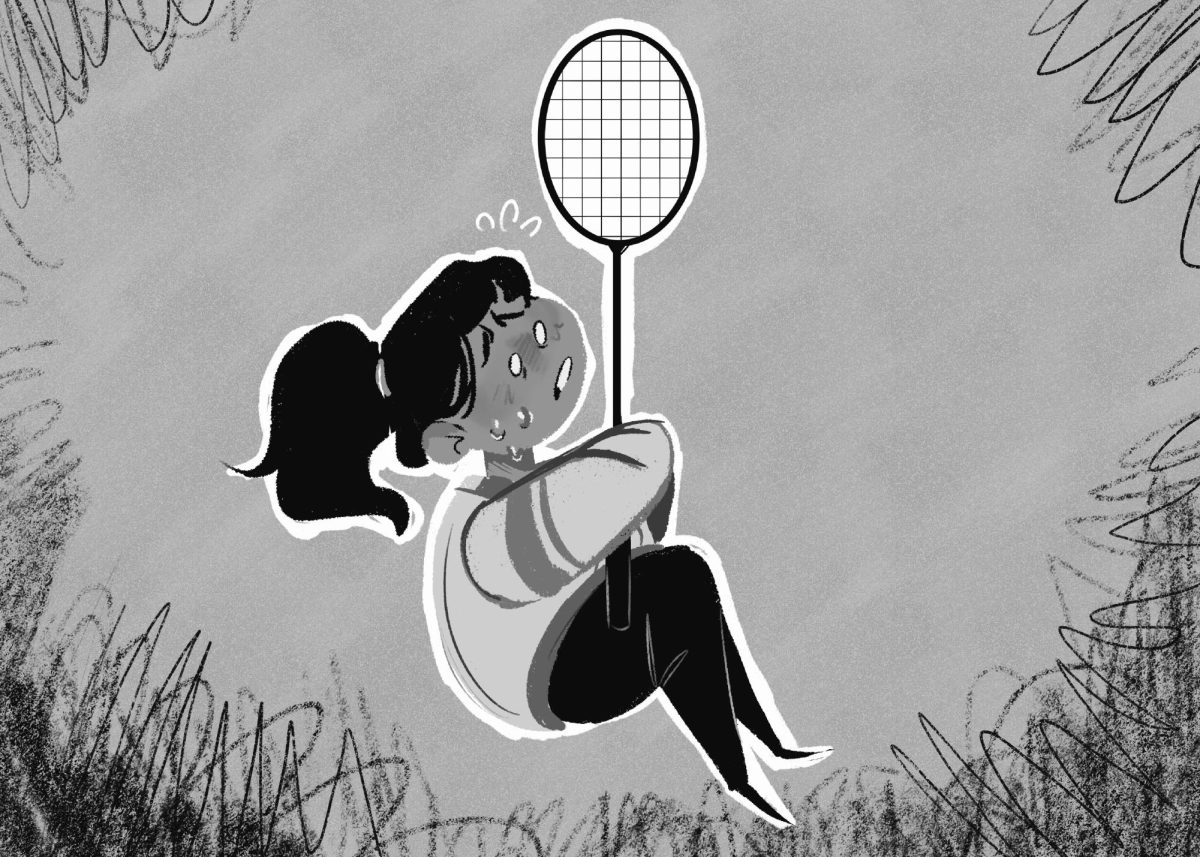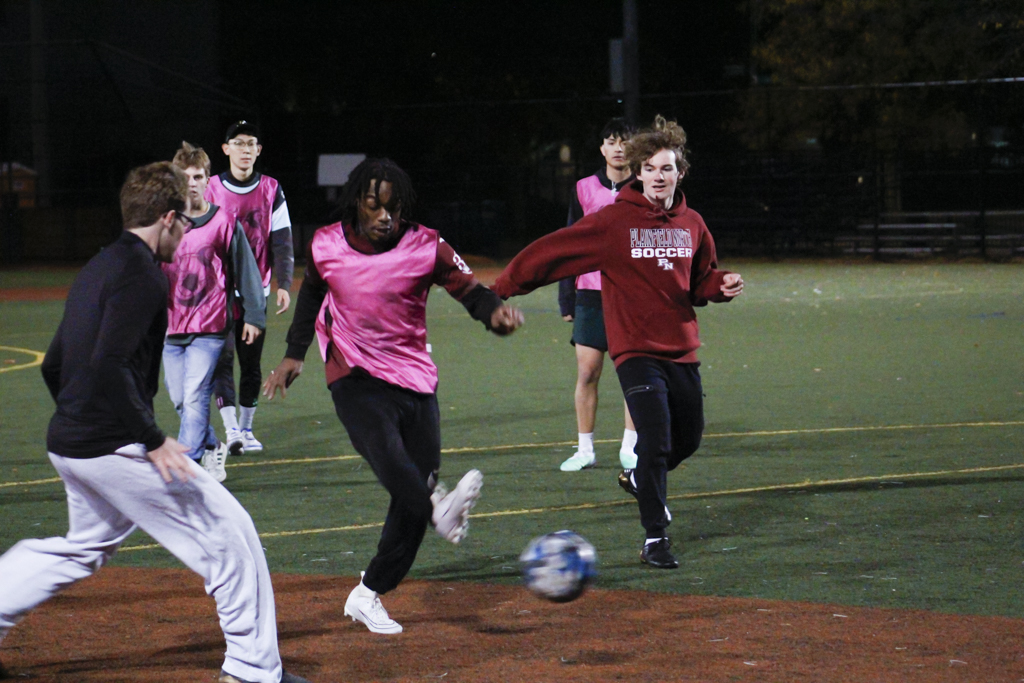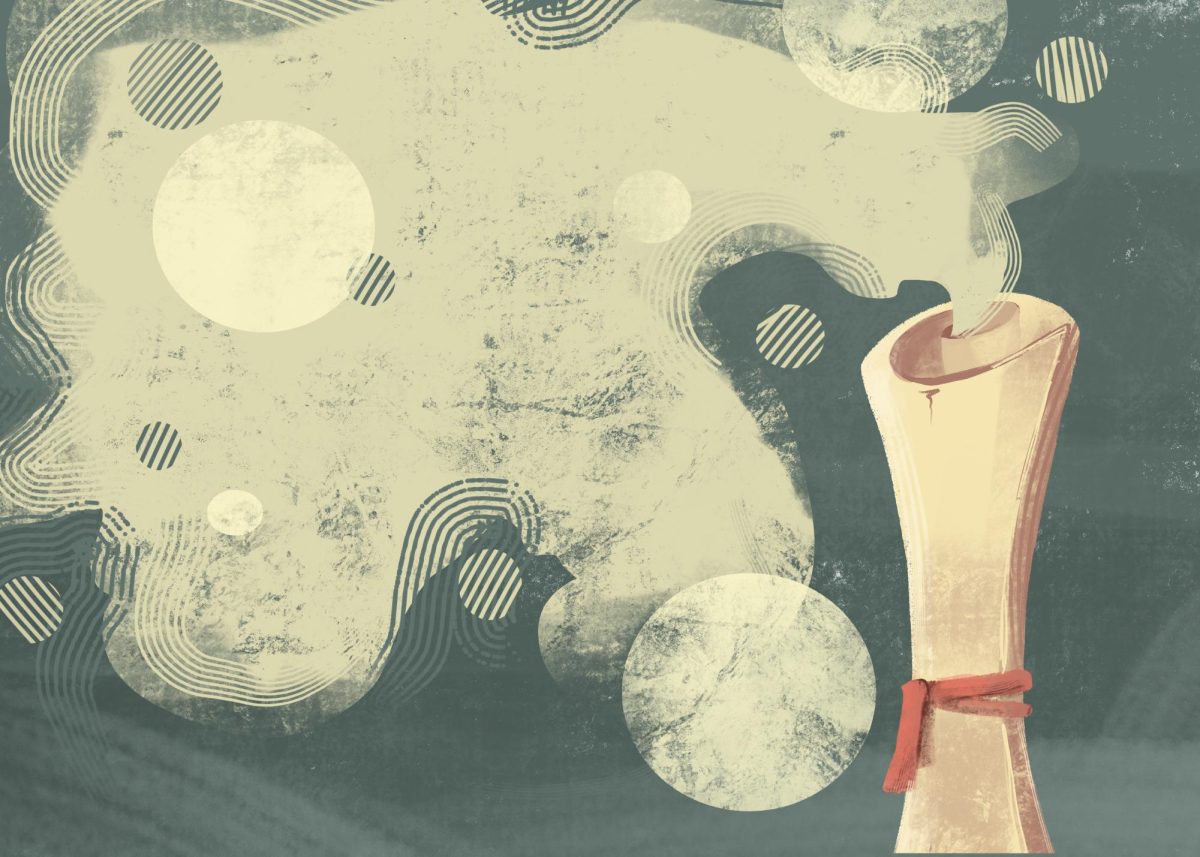Hemingway may have inspired me to be a writer in undergrad, but I first started thinking about going to Columbia College after meeting Irvine Welsh, author of “Trainspotting.” Don De Grazia, the late associate professor at Columbia College who died June 13, had brought Welsh to Columbia as a visiting writer.
I met Welsh when Marty Tunney, a fellow boxer, asked me to accompany them to a Sox game. I was a recent Chicago Golden Gloves boxing champion and Tunney thought I would make a good bodyguard for Welsh, who was known to get into a lot of rowdy-mischief. The bodyguard deal swiftly dissolved into a friendship. We went out drinking after the game and I ended up giving some of my writing to them. Welsh read it immediately at the bar and drunkenly grabbed me in a headlock. With his warm beer breath swirling in my ear, he told me in his thick Scottish accent, “You want to be a writer, aye? If you want to write, you gotta write every day! Every day! And it’ll be shite but then later it won’t be shite and then it’ll be good and then you’ll go back and take the shite and make it good, and then you’ll be a writer.” I listened as shivers ran down my spine, and promised I would take his guidance.
De Grazia and Welsh both ended up writing my letters of recommendation for Columbia’s Fiction Writing graduate program. Those led to an elaborate series of connections. Columbia was an amazing experience. I first struggled with, then loved the Story Workshop method and its unique system of recall and oral-tellings and the semi-circle seating. The Story Workshop method truly made my writing drastically better, especially De Grazia’s and John Schultz workshops.
While at Columbia, I started a storytelling series called The Windy City Story Slam, with the help of De Grazia and Welsh. Welsh headlined a show that drew a huge crowd to an underground arts venue called Q4. Later, De Grazia’s friend and owner of the Metro, Joe Shannahan, welcomed us to hold the Windy City Story Slam All-City Championships at the legendary Metro and we sold-out the venue. I hosted the show and fellow Columbia graduate student, Max Glaessner won the championship. With the help of Columbia College publicist and professor Sheryl Johnston we got massive media attention and I appeared on the cover of the Arts and Culture Section of The Chronicle. Through Sheryl’s help I ended up doing an audio piece about the running of the bulls in Pamplona (because I had been participating for several years) where I taped a mic to my chest and ran with the bulls. The essay was broadcast on NPR as part of PRI’s The World and won an Edward Murrow Award.
Later, I finished my debut novel with the help of Schultz, De Grazia and Welsh and published “The Old Neighborhood” with Curbside Splendor just before graduating with my master’s in fiction writing in 2013. The book won the Chicago Sun-Times Agenda Section “Best Book of 2014” and got a rave review from the Chicago Tribune.
Later, I decided I wanted to follow in De Grazia’s and Schutlz’s footsteps and be a professor. I entered the University of Louisiana PhD in English program with the recommendation of John McNally, a fellow Columbia alumnus and the Writer in Residence at UL. I was able to get a full-ride scholarship and a paid assistantship and gained valuable experience as a professor there.
After finishing my Ph.D., I began mentoring a young writer I met at UL named Jordan McClemments, and he began finding success as a writer so I recommended he attend Columbia’s graduate program in Creative Writing and study with De Grazia. McClemments did just that and then recommended I apply to a job opening at a school next door to Columbia named East-West University. I was able to land a full-time professorship position in the English and Communication Department at East-West University and I love it here. East-West is paradise, the students and faculty are wildly diverse and composed of international students and students of color from Chicagoland and that is the definition of my wheelhouse as a professor.
Tragically Don De Grazia suffered a heart attack after winning a softball game a few weeks ago and died. We were on good terms but he had not had a chance to read this essay about my gratitude to him and everything he did for me. The loss of De Grazia is another blow to Columbia College, but his legacy remains a major foundation of the institution. He left behind a young daughter and wife and a legion of devoted friends, like Irvine Welsh and Joe Shannahan.
Seeing Columbia going through these difficult cuts and changes, I felt like it was time to stand up and say something about the enduring value of my alma mater. I owe a debt of gratitude to Columbia College Chicago and especially De Grazia, Schultz and Welsh. The education, creative atmosphere, and connections at Columbia created an elaborate connect the dots drawing that I was able to use to draw out a successful career as a professor, writer and author; and make all my dreams come true. And Columbia will continue to do this for future generations of artists and intellectuals.
Bill Hillmann is a professor at East-West University and a Class of ‘13 alumni, graduating with a master’s in fiction writing.
Copy edited by Trinity Balboa
Submit an op-ed of no more than 850 words here or email editorialboard@columbiachronicle.com




